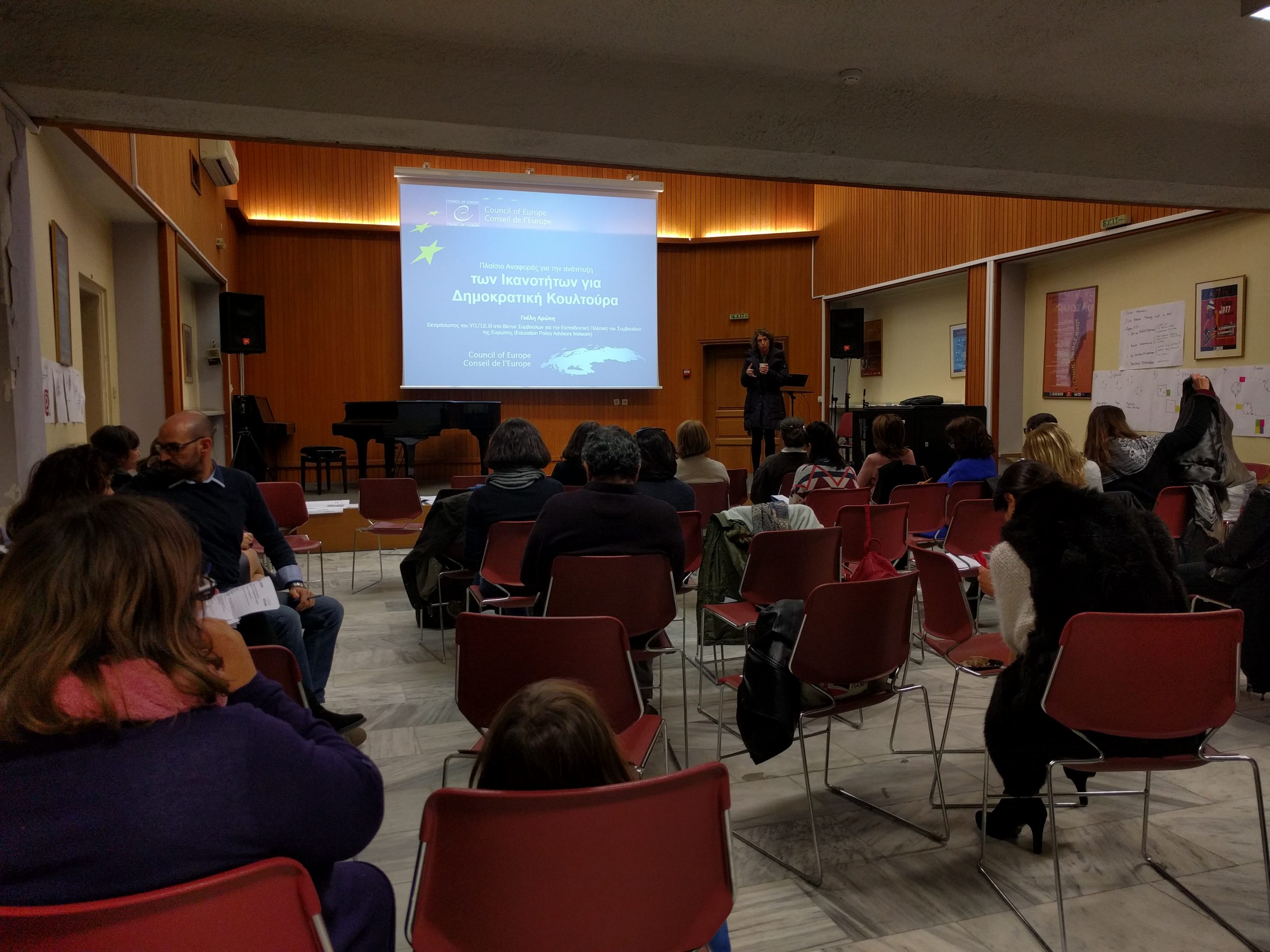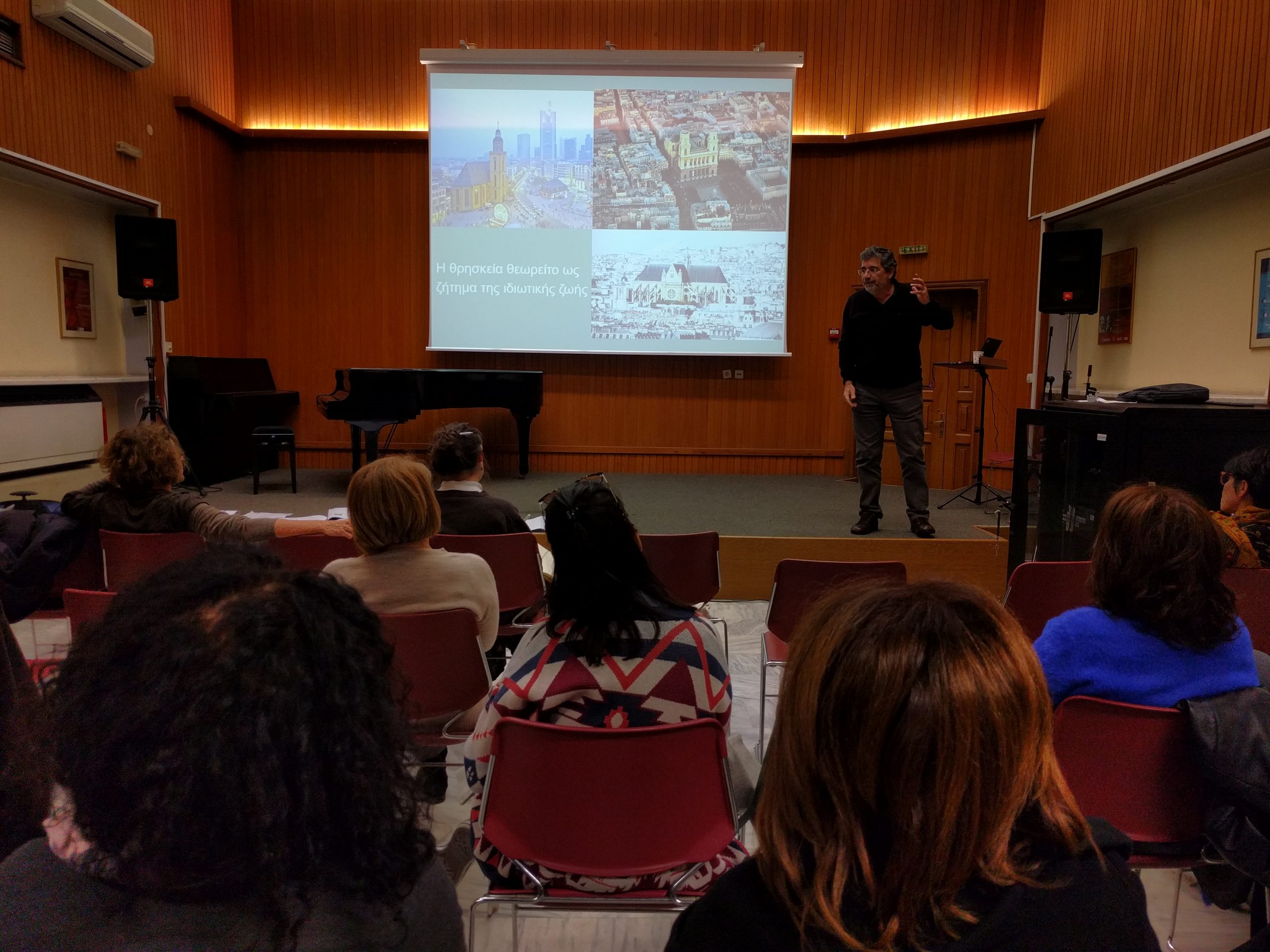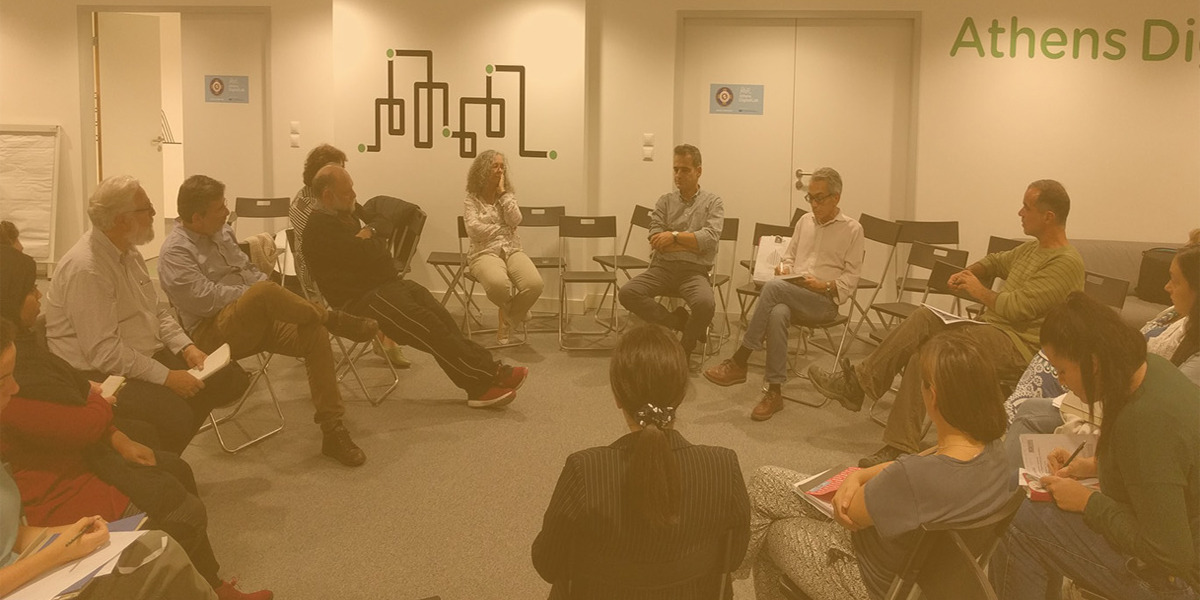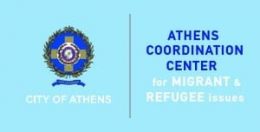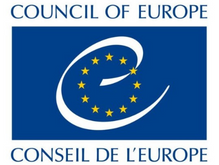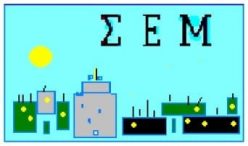The Reference Framework is based on the Council of Europe’s long-standing values of equality, dignity and respect. It highlights the necessary skills needed to equip young people with the values, attitudes, skills, knowledge and critical understanding required for actively participating in today’s complex and diverse democratic societies. It called for greater awareness of new challenges, while ensuring respect for human rights.
The integration of migrants and refugees relies on the opportunities offered by education, communication, economic mobility, and social inclusion. The role of public institutions and related mechanisms promoting self-development and human dignity are fundamental elements for integration. This implies access to the educational system, public services, and the welfare system whilst ensuring the protection of human rights.
Schools and other educational actors play an important part in this process and formal education is a vital tool in overcoming obstacles to integration. Enhancing commitment to democratic values, reducing intolerance and eliminating violence and extremism are key priorities which can be achieved through educational practices. However, in order to achieve these aims, educators require a clear understanding of the democratic principles upon which their curriculum is focused on.
The publications “Competences for Democratic Culture: living together as equals in culturally diverse democratic societies” (2016) and “Reference Framework of Competences for Democratic Culture (RFCDC)” (2018), adopted in April 2016 by the European Education Ministers, focus on promoting a constructive dialogue on the methodologies required to improve cooperation on implementing RFCDC at all levels (national, regional, and local). The seminars were conducted in a manner that strengthens secure learning areas which respect freedom of speech and intercultural approaches and promote the democratic administration of schools as a grounding for efficient education.
With these goals in mind, Symβiosis, the Athens Coordination Centre for Migrant and Refugee Issues (ACCMR) and the Thessaloniki Integration Council for Migrants conducted two capacity building seminars which allowed for productive exchanges regarding RFCDC and the exploration of implementing and incorporating its values in the primary and secondary national curriculum, universities, vocational training institutions.
The seminars were attended by formal and non-formal educators, including curriculum designers, representatives of regional educational directorates, educators at vocational training institutions, and the Democratic Education (Demopedia) team.
1-2 November 2018, Serafio City of Athens
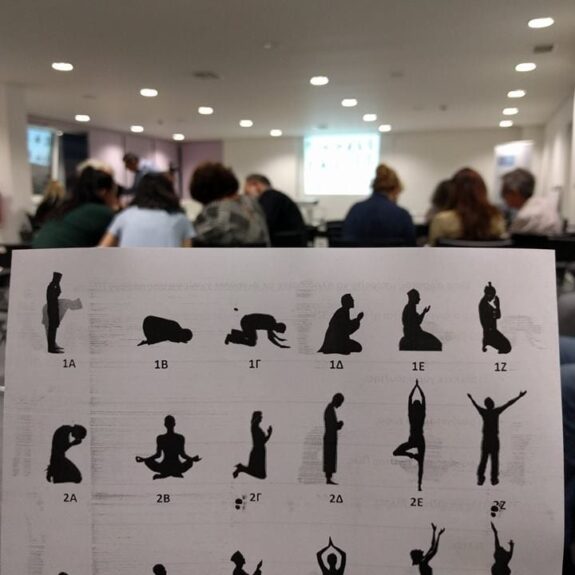
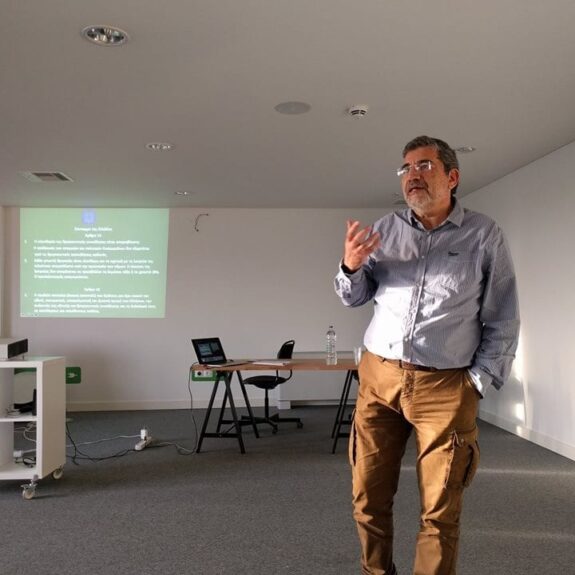
5-6 December 2018, Centre for Music, Thessaloniki
